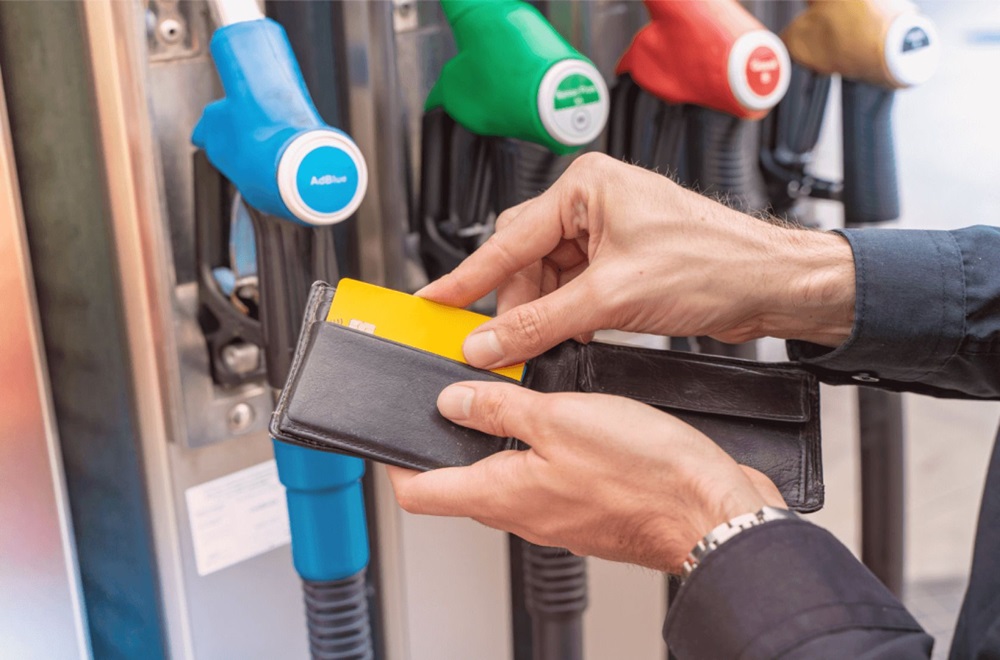When managing fleets across multiple countries, global enterprises must take cultural traditions into account when adapting fuel cards for business usage. gasoline cards come with a host of advantages, including easier gasoline budgeting, more control over fuel purchases, and increased driver convenience. However, their effective use necessitates a sophisticated comprehension of regional laws, ordinances, and social mores. Businesses run the risk of ineffective operations, poor relationships with partners and workers, and possible compliance difficulties when they disregard cultural differences.
Diverse regional levels of digital infrastructure and technology adoption should be taken into account when modifying fuel card laws. Fuel cards programs that rely on smartphone applications or other digital platforms can be easily implemented in some countries because digital payment methods are commonly utilised and accepted there. But in some places, cash is still the most common method of payment, and there might be less advancement in digital infrastructure. In these situations, businesses would have to think about other payment options or give staff members more training and assistance to guarantee the gasoline card program is successfully implemented. Companies should also consider the possibility of fraud or misuse in areas with laxer digital security regulations and put in place the necessary precautions to prevent such risks.
When adopting gasoline card policies in various regions, it is important to consider the role played by local laws and government regulations. Every nation has its own set of laws controlling taxes, expense reporting, and fuel purchasing. To stay out of trouble with the law, businesses need to make sure that their fuel card rules adhere to certain local statutes. For instance, there can be limitations on the kinds of costs that can be charged to a fuel card in some nations, or there might be particular paperwork needed for taxation. To make sure that their policies are both legally sound and culturally suitable, businesses must keep up with local rules and collaborate closely with legal and compliance teams.
Fuel card policy adaptation to cultural norms is a continual process that needs constant monitoring and tweaking; it is not a one-time job. Policies may need to be reviewed and revised to stay current and useful as businesses enter new markets or when societal views change. Regular input from staff members and local management should be a part of this process, as should cooperation with cultural consultants or specialists who can offer insightful information on regional cultures and practices. Businesses should make sure that their fuel card australia programs are effective and suitable for the local culture by being aware of cultural differences and proactively modifying regulations to conform to them.
In conclusion, it is a difficult but necessary task for multinational corporations to modify fuel card usage policies to conform to cultural norms in various locations. It calls for in-depth knowledge of regional traditions, laws, and social mores in addition to a readiness to adapt and change to meet the particular requirements of every market. Businesses can increase employee engagement and happiness, lower the risk of operational inefficiencies or compliance problems, and improve the efficacy of their fuel card systems by developing and implementing policies with cultural sensitivity. In the end, a well tailored fuel card policy can be an effective instrument for overseeing multinational fleets, generating cost reductions, and promoting environmentally friendly corporate operations in a range of marketplaces.
